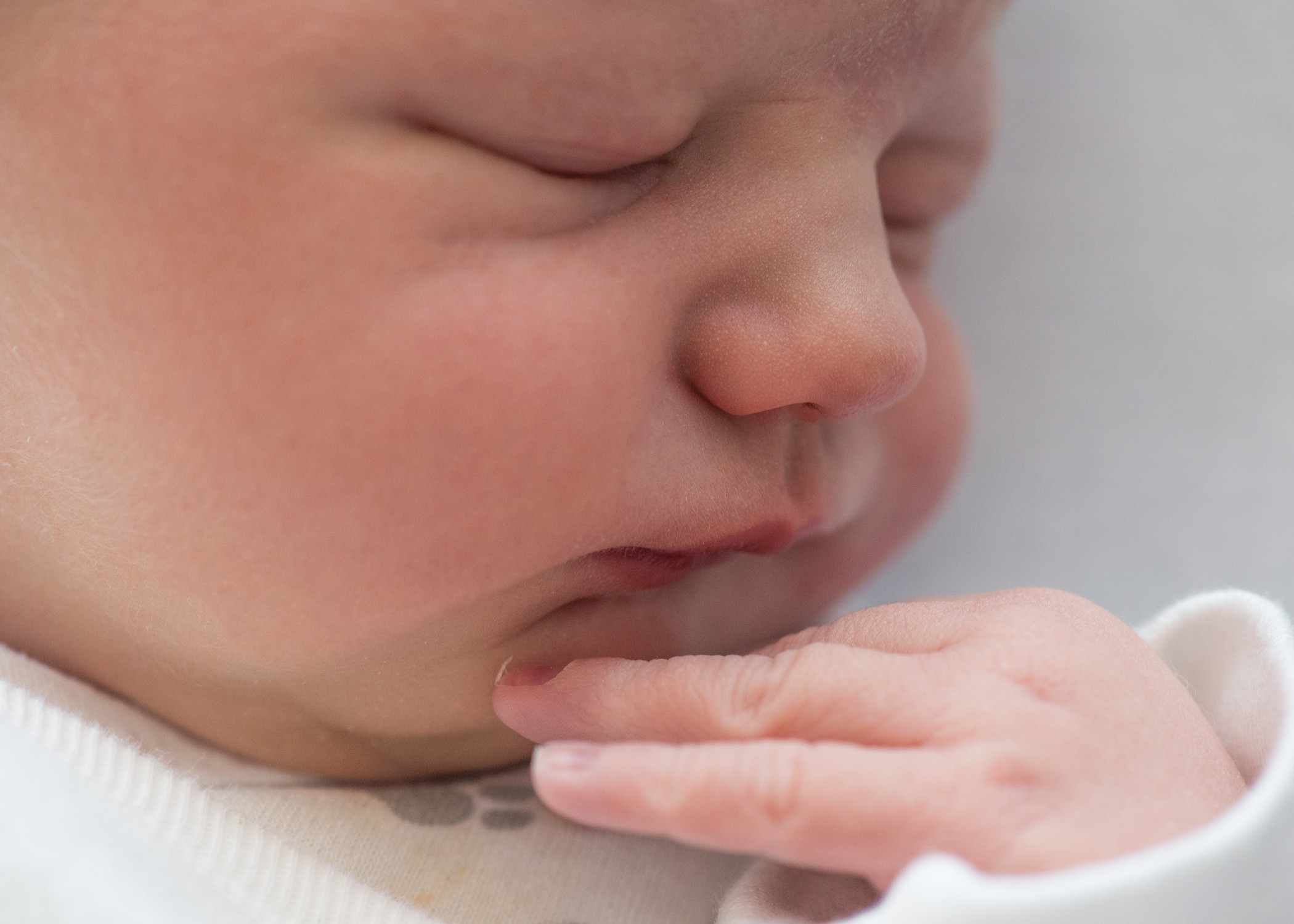Off to the best start
We are committed to supporting you and your family in whatever infant feeding choice you make. Breastfeeding your baby is the healthiest and safest way to feed your baby.
Your baby should only have breast milk for the first 6 months. Breast milk gives your baby all the nutrients he or she needs. It helps to protect your baby from infections and other diseases, and as a mum, it also reduces your chances of getting some illnesses later in life.
Breastfeeding also helps you and your baby to get closer –physically and emotionally. So while you are feeding your baby, the bond between you grows stronger.
Breastfeeding your baby
George Eliot Hospital has proudly been awarded the Baby Friendly stage 2 accreditation and we are currently working towards level 3 accreditation. Establishing breastfeeding can take time but we are committed to giving you the support and advice you need.
All of our Midwives, Maternity Support Workers and Student Midwives receive regular training to help support you on your breastfeeding journey.
What can I do to prepare for breastfeeding?
- During your pregnancy your Midwife will discuss with you your thoughts and feelings about feeding your baby.
- You can attend our Antenatal Classes, which include a variety of subjects including Feeding your baby. For more information please email our Antenatal Education Midwife at antenatal.
education @geh.nhs.uk - You can visit the websites below and watch the following video’s from the Unicef Baby Friendly website and Best Beginnings website
What can my partner do to help?
The support of your partner is very important in establishing and continuing breastfeeding. They can make sure that you are getting enough to eat and drink, and can help you by caring for the baby between feeds so you can rest. Your partner can also talk to your midwife or other organisations to access additional support if you need it. Your partner can also visit our dads and partners page for advice on other things they can do to help like registering the birth.
Contact us
If you have any further questions or any feedback, our Infant Feeding Team Midwife, Susie Lawton would love to hear from you. Please email Susannah.
If your baby has to have special care after birth, you can still breastfeed. You will also be encouraged and supported to hand express your colostrum (special first milk) as soon as possible after birth which can then be given to your baby. Once your milk is in, usually 3-5 days after the birth, you may then want to use an electric pump which the midwife or the staff on the Special care baby unit will show you how to use. You do not need to bring any equipment into the hospital to help with breastfeeding. Once your baby is ready to feed at the breast the staff will help and support you.
Your midwife will do a breastfeeding assessment before you leave the hospital and will explain to you the signs that tell you your baby is getting enough breast milk. For the first 3- 4 days you will have colostrum, on or around day 3-7 you will start getting your mature milk. A Midwife will also visit you when baby is 5 days old (your baby’s date of birth is day 0) and weigh your baby.
Did you know colostrum is packed full on nutrients and protective factors? Many parents mistakenly believe that colostrum contains all the goodness, implying that breast milk lacks some of them. In fact there is nothing in colostrum that is not present in mature milk – only the quantities differ. Mature milk contains some additional ingredients which are not needed in the first few days (notably water). Finally think of colostrum as a concentrated version of breast milk!
Babies are born into an environment that is a lot colder than they are used to and they need to use extra energy to keep themselves warm, to help with this babies are born with a layer of brown fat that they use as an extra energy source. Most babies will lose weight on day 5 because they have used this brown fat energy source. A healthy well baby can lose up to 10% of their body weight on day 5. From day 5 onwards your baby should start to gain weight and your midwife will advise you when your baby will need to be reweighed depending on their birth weight, amount of weight loss on day 5 and baby’s general wellbeing.
Unicef checklist - how can I tell that breastfeeding is going well (PDF)
Your baby will need to feed a number of times in the night. Your milk making hormones are higher at night and to maximise your milk supply it is important not to miss these night feeds. It is also vitally important that we keep baby safe overnight and the following websites will give you some helpful information about Breastfeeding at night and safer sleeping.
The Lullaby Trust - safer sleep advice for breastfeeding
Laleche Organisation - Safe sleep the breastfed baby
Basis (Baby sleep info source)- online resources for parents
Facebook:
- George Eliot Maternity Facebook page - https://
www. facebook.com/ GEHMaternity - Upfront Breastfeeding Support Hinckley - https://
www. facebook.com/ upfronthinckleybosworth - Warwickshire Breastfeeding Support - https://
www. facebook.com/ NHS-Warwickshire-Welcomes-Breastfeeding-101543172096947 - Coventry Breastfeeding Support - www.
facebook.com/ coventryinfantfeedingteam
Where can I get help with breastfeeding?
Click here for more information on support in Warwickshire.
Telephone support:
Community Midwives – Your midwife will provide you with a contact number
Hinckley Breastfeeding Support – 07826923410
Coventry Breastfeeding Support – 07904984620
National Breastfeeding Helpline – 03001000212
National Childbirth Trust (8am – Midnight) – 03003300700
La Leche League – 03451202918
Support line in Begali – 03004562421
Support line in Sylheti – 03004562421
Association of breastfeeding mothers – 03003305453
FFLAG Helpline – 08456520311
